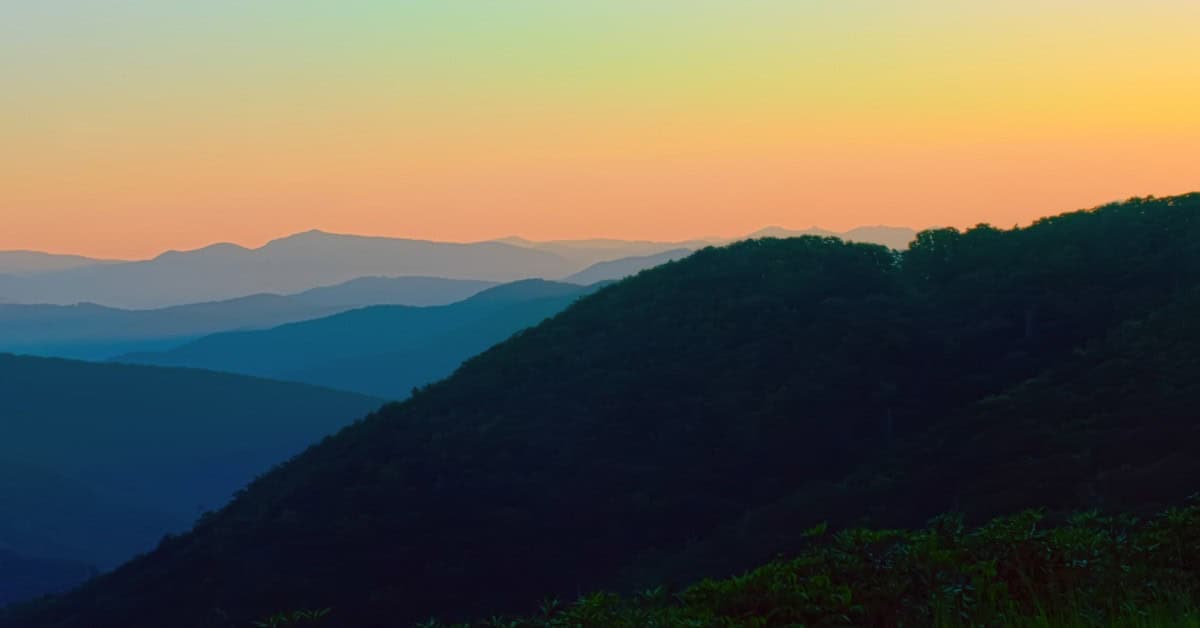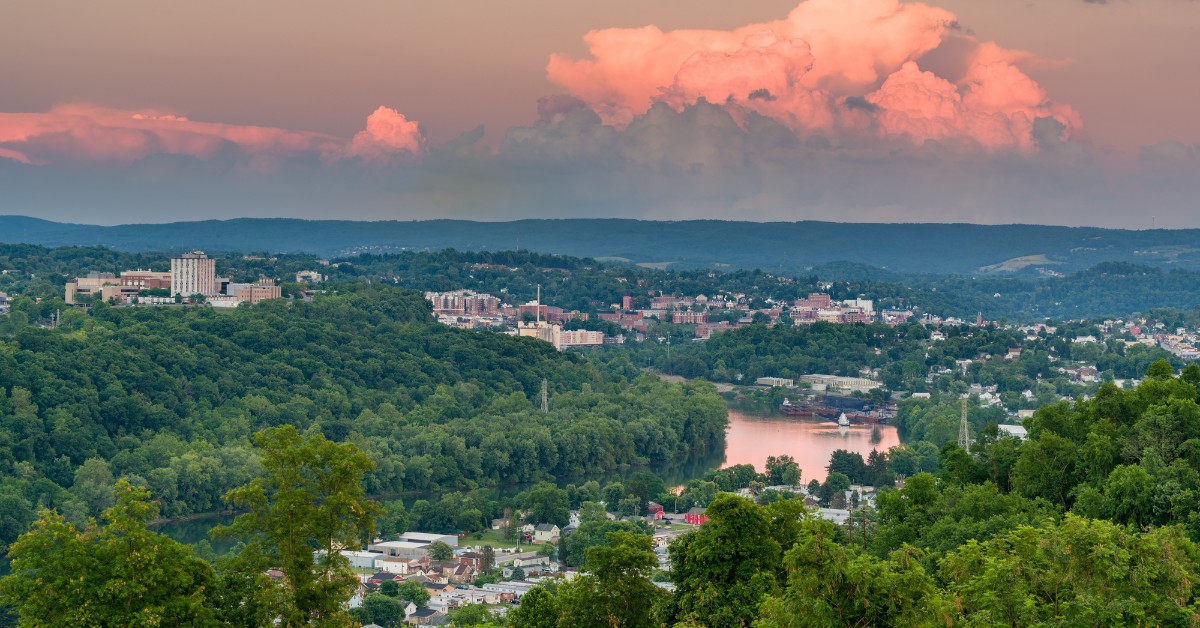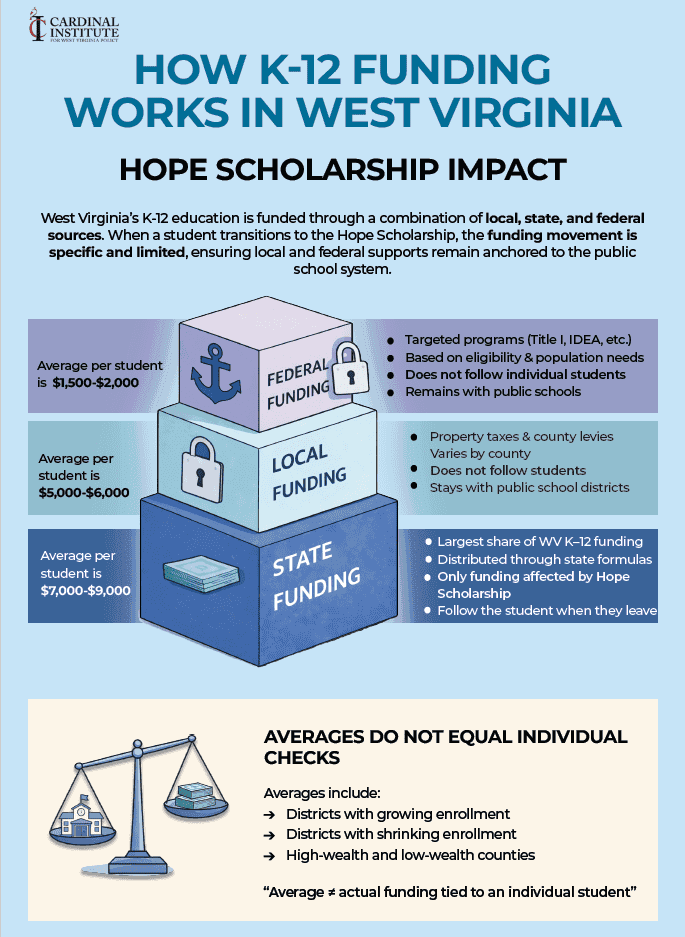
J.D. Vance & Appalachia
Reactions to J.D. Vance’s Nomination for VP Are Pouring In
After J.D. Vance was nominated for Vice President of the United States by the Republican Party at their convention in July 2024, reactions started pouring in from across the political spectrum. This is to be expected, J.D. Vance is running for the job of second-most powerful person in the world. Even negative jabs from those who are opposed to him are just part and parcel of running for office. I don’t agree with J.D. on everything under the sun, but there was a certain type of attack on him that I thought needed to be addressed. It went something like this:
“J.D. Vance is as Appalachian as Olive Garden is Italian.”
The suggestion here is that Vance, author of bestselling Hillbilly Elegy is not “really” Appalachian. That he is using Appalachia for a folksy appeal, for a sob story, or for some other political reason. I don’t believe that. Going further, I think this type of attack does a grave disservice to a very vulnerable population. I believe that so strongly that on July 23, 2024, I was compelled to write a post on my personal Facebook page. This is the platform where I saw much of this line of attack pop up.
Response to Critiques of J.D. Vance’s Heritage
Here is that post, unedited:
“On J.D. Vance:
I think it is absolutely appalling that, due to differences in political beliefs, so many people would be so quickly willing to dismiss J.D. Vance’s story and describe him “as Appalachian as Olive Garden is Italian.”
J.D. Vance was born and grew up in Middletown, Ohio, one county removed from what is commonly considered Appalachia, but he also spent summers in Eastern Kentucky, which is about as Appalachian as one can get.
His story begins with a story known all too well across Eastern Kentucky and Southern West Virginia: a child is born into a dysfunctional home that in short order becomes completely broken by abuse, both physical and drug abuse, and he eventually is adopted and raised by “Meemaw and Papaw.”
But it doesn’t stop there. The boy from a broken home gets good grades, serves his country in the Marine Corps, comes home, goes to college, goes to Yale Law, becomes a successful entrepreneur, becomes a best selling author, becomes, in his first election, a United States Senator, and at 39 is one election away from being Vice President of the United States.
30 years ago, J.D. Vance was scared for his life, jumping out of a moving vehicle, afraid his addict mother was going to crash and kill them both. 30 years later, he told his 10-year sober mother that he loved her from the stage of the Republican National Convention as he accepted the nomination for Vice President.
Whether we like it or not, a home broken by drugs and a boy raised by his grandparents is a common Appalachian story. And the more J.D. Vance’s Appalachian story is dismissed and reduced due to how he votes, the more injustice we do to children that find themselves in situations similar to J.D., looking on and, perhaps for the first time, beginning to believe that maybe they are not destined to perpetuate what they see all around them, that change does not have to be a generational plan that they may set in motion, but dependent on people and things outside their control to come to completion, that they themselves control their own destiny and their ceiling is at minimum the Vice Presidential nominee of a major party.
I refuse to look at those children, looking up at him, and say “He ain’t one of us.” I refuse to perform that disservice. He is one of us. And as he has experienced first hand, the halls of a broken home and the halls of the White House are separated only by about 30 years and a series of gritty, responsible decisions.”
[End of Post]
Appalachian Kids Need To Know There Are Examples of Achievement They Can Look Up To Like J.D. Vance
Appalachians, nor Americans at large, don’t owe J.D. Vance their vote. Vance and his running mate, Donald Trump, like their opponents have to earn the votes of Americans. But I think Appalachians do owe the children that we all know in situations similar to J.D. the maturity of being able to look past political differences. We can hold J.D. Vance up as an example to them, not an example, necessarily, of what they should believe, but an example of what is possible to achieve when the starting point is as desperate as theirs.








